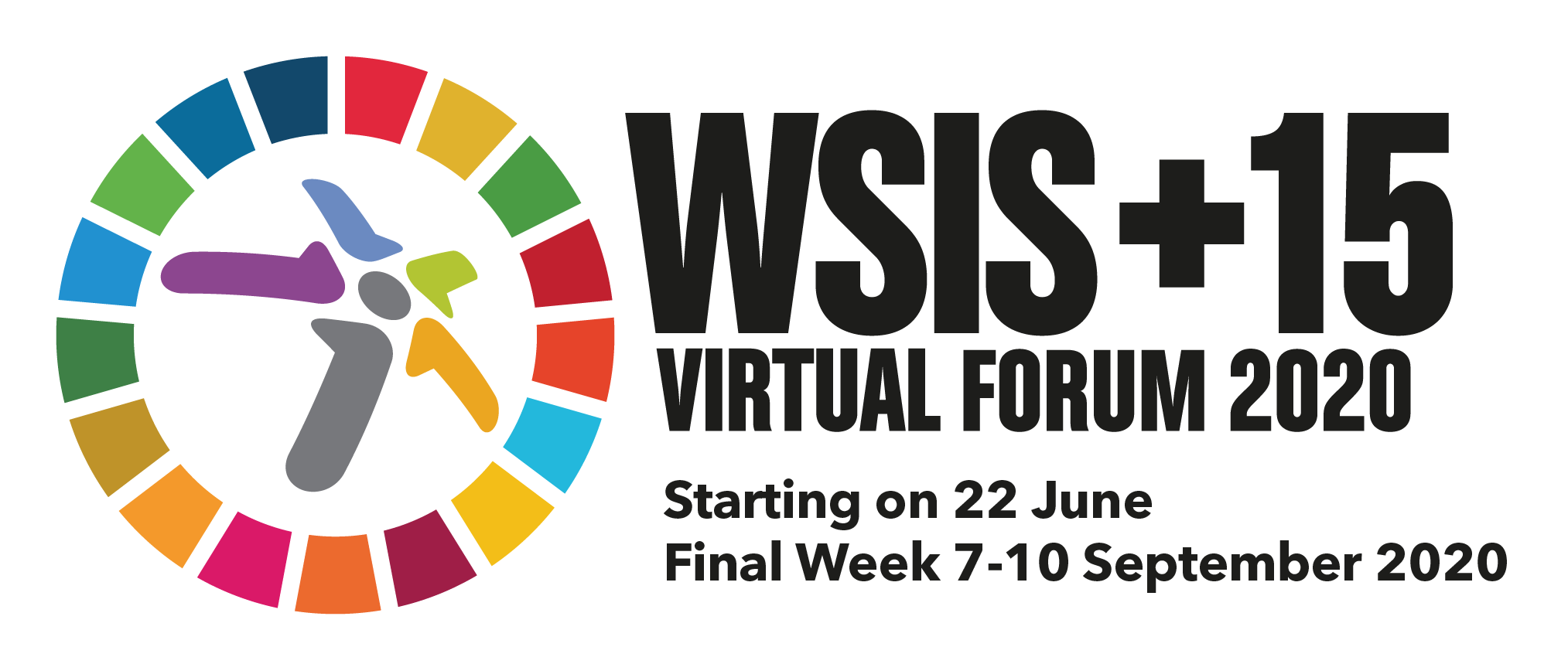
AI Governance: The Business Perspective
By Ayisha Piotti | June 2020 | Events
On 24th June, 2020 RegHorizon organised a virtual workshop at United Nations WSIS Forum 2020, the world’s largest gathering of ICT for the development community. The aim was to explore the latest on AI & Governance, in particular in the EU & evaluate the needs from a business perspective.
The panel featured a discussion between Ayisha Piotti, Managing Partner of RegHorizon, Dimitrios Psarrakis, of the European Parliament, Gilles Lunzenfichter of Medisante (Healthcare) & Mathieu Hagen of Gamaya(sustainable farming) – CEOs of two Swiss companies deploying AI & novel technologies to achieve UN Sustainable Development Goals (UN SDGs).
The key takeaways of the session, which was moderated by Sanja Fabrio, Managing Director of RegHorizon, were as follows:
- Business needs clear rules & common standards to minimise risk, secure investments and create a level playing field in the Area of AI & novel technologies.
- The EU is leading in regulatory initiatives around Human Centered AI through 4 main dossiers:
- Report on the Safety and Liability implications of AI, IoT and robotics (COM(2020)64);
- White Paper o Artificial Intelligence: A European Approach to Excellence & Trust (COM(2020)65);
- Communication on a European Strategy for Data (COM(2020)66);
- Communication on Shaping Europe’s Digital Future (COM(2020)67).
- The EU approach is to set minimum regulatory standards based on certain criteria including, applications of same laws to AI as humans, full disclosure for AI use, protection of confidential information by AI systems, drawing a redline for AI not to be weaponized and ensuring an “off switch” for all AI systems. The EU is also having clear strategies for AI ecosystems, one of which is to build corridors of technological excellence with Africa & the Middle East – a point very relevant for the WSIS community. Going forward, the EU is contemplating the creation of AI centres of excellence where solutions around AI governance will be tried and tested.
- The business needs governments to recognize strategic innovators & create an incentive framework that fosters the adoption of new technologies. The need for governments to facilitate access to open source data, standardize rules for data privacy & interoperability is key for most businesses using AI. Moreover, government policies can facilitate even distribution of technological advancements – for example access to analytics also for smaller, fragmented farms in the area of global food security.
- While all governments should support strategic deployment of new technologies, developing countries’ efforts in that regard will allow their societies to reap the benefits from new technologies faster, as they are often less locked into complex legacy systems.
- Lastly, there is a consensus that the business community definitely has a role to play in the current discussions around AI governance. In order to do this effectively, business leaders need to stay up to speed with the broader discussions around AI & its impact on society, as well as a participate in the process by helping test the practicality of policies, highlighting their needs to regulators & sharing their innovative solutions.
